Breathe in experience, breathe out poetry
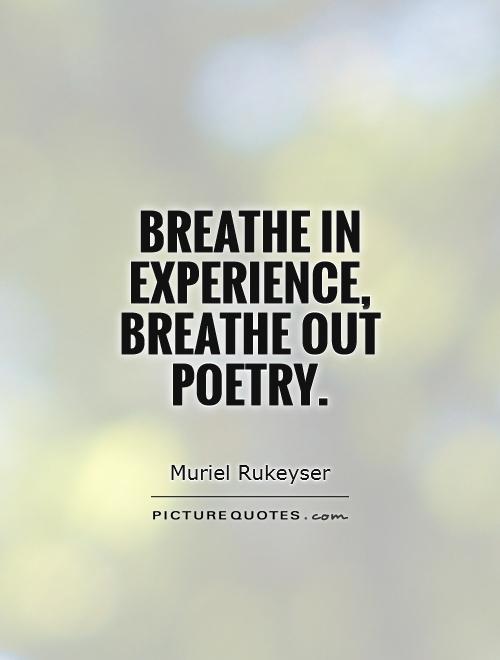
Breathe in experience, breathe out poetry
Muriel Rukeyser, an American poet and activist, once said, “Breathe in experience, breathe out poetry.” These words encapsulate the essence of Rukeyser’s work and philosophy as a poet. For Rukeyser, poetry was not just a form of artistic expression, but a way of engaging with the world and making sense of one’s experiences.Rukeyser believed that poetry had the power to transform personal experiences into universal truths. By breathing in experience, she meant that poets should immerse themselves in the world around them, taking in the sights, sounds, and emotions of everyday life. This process of observation and reflection allows poets to draw inspiration from their own experiences and the experiences of others.
Once a poet has absorbed these experiences, they can then breathe out poetry, transforming their observations and emotions into words that resonate with others. Rukeyser believed that poetry had the ability to connect people on a deep and emotional level, bridging the gap between individuals and fostering empathy and understanding.
Rukeyser’s own poetry often drew on her personal experiences and the social and political issues of her time. She was a passionate advocate for social justice and used her poetry to shine a light on issues such as racism, sexism, and war. By breathing in the experiences of those who were marginalized or oppressed, Rukeyser was able to give voice to their struggles and bring attention to their stories.
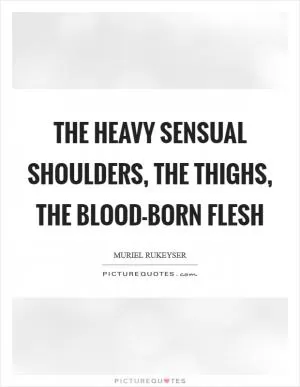
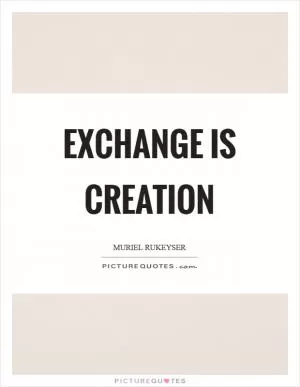
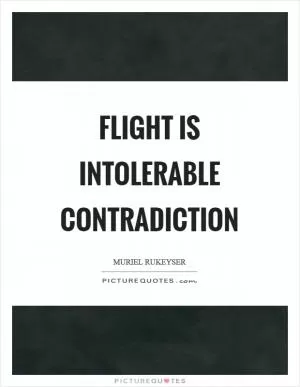
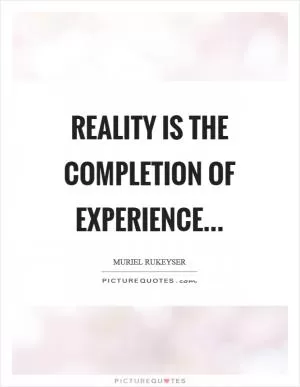

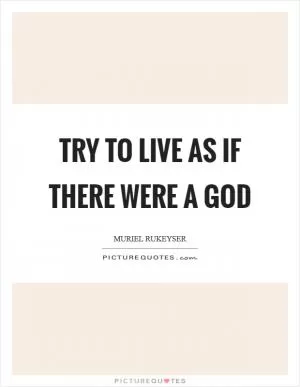
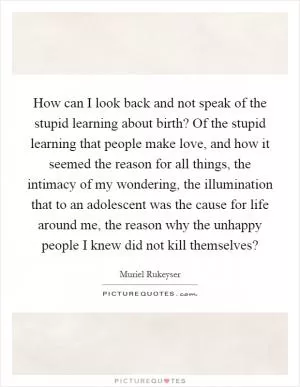
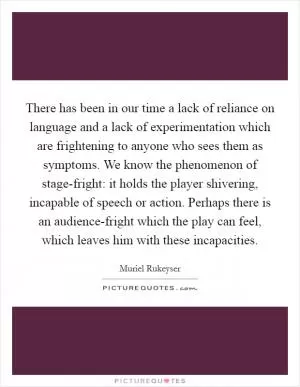
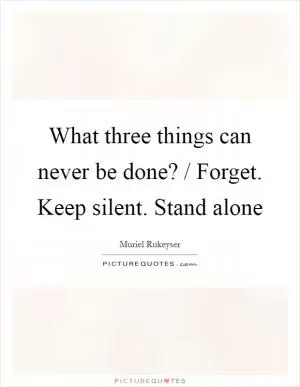
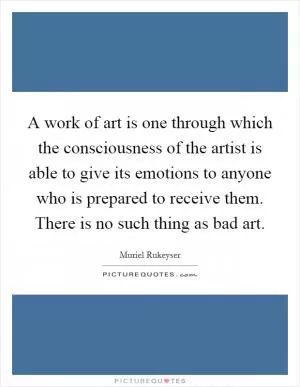
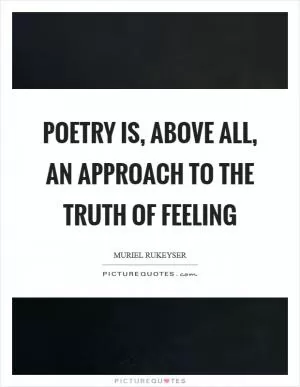
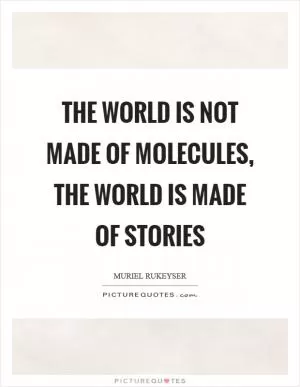
 Friendship Quotes
Friendship Quotes Love Quotes
Love Quotes Life Quotes
Life Quotes Funny Quotes
Funny Quotes Motivational Quotes
Motivational Quotes Inspirational Quotes
Inspirational Quotes